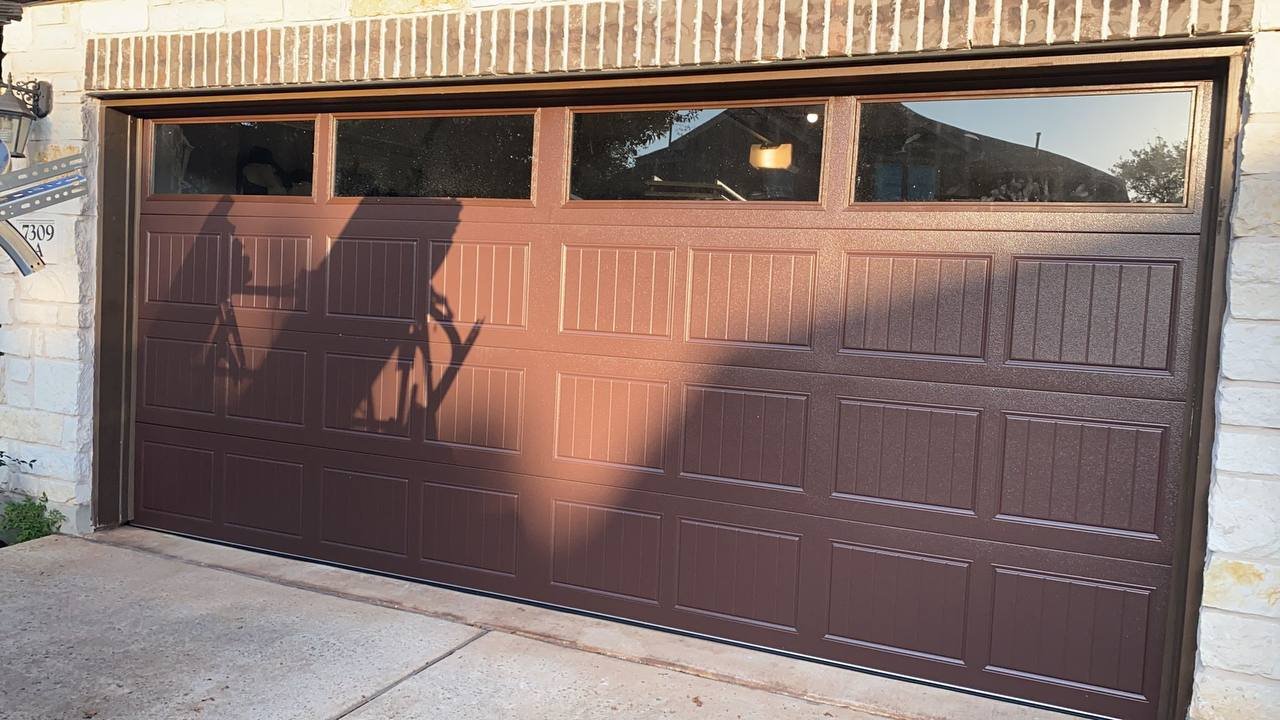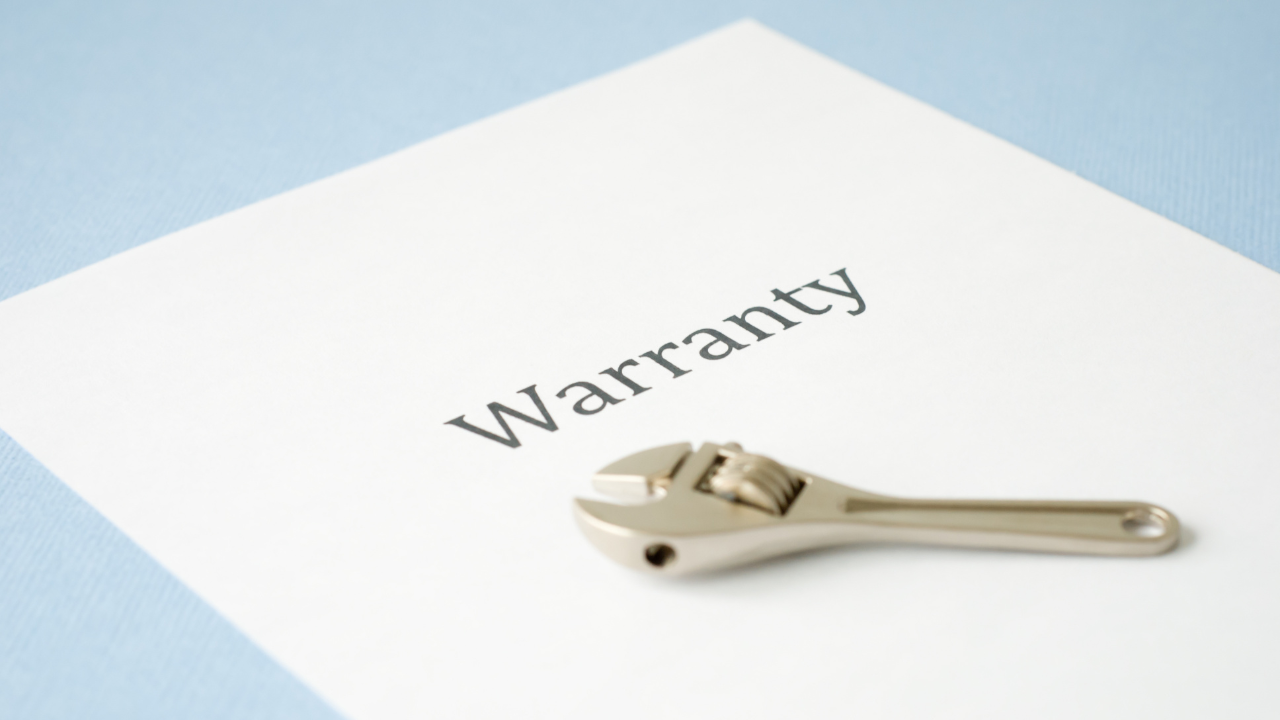Choosing the Right Materials for Garage Door Repair in Seattle, WA
Seattle, WA homeowners know our climate puts unique demands on exterior components. Choosing the right materials for garage door repair is one of the most important decisions you’ll make to keep your home secure and energy efficient. This guide explains practical material options, local considerations, maintenance expectations, and cost trade-offs so you can make an informed choice for your next garage door repair[1].
Why material choice matters
Material affects durability, insulation, finish life, and how often you’ll need future garage door repair[2]. In the Puget Sound region, moisture, salt air along coastal neighborhoods, and frequent temperature swings can accelerate corrosion or rot unless you pick the right build. The wrong panel material can raise long-term costs through recurring repairs, higher energy bills, and aesthetic fading.
Key performance factors
- Corrosion resistance — especially important near the Sound and in rainy months.
- Thermal efficiency — insulated doors reduce garage-to-home heat transfer.
- Weight and hardware — heavy doors impact spring and opener life.
- Finish and maintenance — some materials need painting or sealing more often.
When planning a garage door repair[3], evaluate these factors against your budget and how long you intend to keep the door.
Common materials and what they mean for Seattle homes
Steel: durability with low maintenance
Steel doors are the most common choice for garage door repair[4]. They resist impact and offer excellent security. For Seattle, pick galvanized or polyester-coated steel to reduce rust in wet seasons. Insulated steel with polyurethane or polystyrene cores improves R-value and can lower winter heating costs for attached garages.
Aluminum: lightweight and corrosion-resistant
Aluminum resists rust better than plain steel and is lighter, placing less strain on springs and openers during garage door repair[5]. It’s a good choice for wider door spans and contemporary styles. However, aluminum dents more easily and can be noisier; consider thicker gauges or reinforced framing for higher-traffic homes.
Wood: natural look, higher upkeep
Wood doors offer warm, high-end curb appeal but require regular sealing in our wet climate. Many homeowners choose wood or wood-clad doors when a specific aesthetic is important, and they accept more frequent maintenance in exchange for the look. Expect higher costs during garage door repair[6] and plan for refinishing every few years depending on exposure.
Fiberglass and composite: balance of options
Fiberglass and composite panels resist corrosion and won’t rot, which is helpful near tide-influenced neighborhoods. They can mimic wood grain with less maintenance. In Seattle, composites often provide a good middle ground during garage door repair[7], offering moderate cost, lower weight, and decent durability.
Match materials to local needs and use cases
Insulation and energy savings
If your garage connects to your home, choose insulated materials during garage door repair[8]. R-values vary; polyurethane-filled steel doors typically offer the highest R-value for a balance of cost and effectiveness. Insulation reduces heat loss and keeps garage temperatures steadier during damp, cool months.
Coastal or high-humidity areas
In areas closer to Puget Sound or Lake Washington, prioritize corrosion resistance. Galvanized or marine-grade finishes on steel, aluminum, or composite doors will perform better. For homeowners considering garage door repair[9] after rust appears, ask technicians about spot treatment and replacing affected sections instead of entire doors when feasible.
Security and weight considerations
Heavier doors like solid wood or thick-steel panels increase stress on springs and openers and may raise the cost and frequency of garage door repair[10]. If you want a heavy, solid look, budget for premium springs and a stronger opener to avoid premature failures.
Cost, timelines, and warranty considerations
A smart garage door repair starts with clear expectations about cost, schedule, and warranty coverage specific to Seattle, WA. Typical local ranges depend on material and labor.
- Minor repairs (springs, cables, rollers): often completed same day.
- Panel replacement: can take 1–3 days depending on matching and paint.
- Full door replacement: usually scheduled within 1–2 weeks; lead times vary by material and finish.
Always ask for written warranty details when you schedule a garage door repair[11]. Warranties commonly cover springs, sections, and finishes for different periods. Verify whether warranties are pro-rated and if they include labor.
Permits and HOA rules
Most Seattle residential repairs don’t need a city permit, but full replacements or structural changes sometimes do. If you live in a historic district or under an HOA, check design rules before choosing materials during garage door repair[12]. Your repair contractor can often advise or handle permit checks as part of service.
Working with a local contractor: what to ask
A good contractor will help you balance upfront cost with long-term maintenance and energy savings. Ask these targeted questions when scheduling a garage door repair:
- What materials do you recommend for homes in Seattle, and why?
- Can you show local examples of similar installations and finish performance?
- What warranty covers materials and labor, and for how long?
- Do you handle permits and HOA approvals if required?
- How will you protect drives and landscaping during work?
For an easy next step, view maintenance tips and posts on our blog to learn seasonal care that extends material life: https://garagedoors-seattle.com/blog. When you’re ready to schedule an estimate, visit our contact page to request a site visit: https://garagedoors-seattle.com/contact. For a full list of repair and replacement services we offer, see our services page: https://garagedoors-seattle.com/services.
Choosing the right materials for garage door repair saves money and frustration. Prioritize corrosion resistance, insulation, and appropriate hardware sizing for Seattle’s climate, and your repaired or replaced door will perform reliably for years.
Frequently Asked Questions
Q: Which garage door materials handle Seattle’s rain and salt air best?
A: For Seattle, galvanized or polyester-coated steel, aluminum with protective finishes, and composite panels resist corrosion best. If you live near the waterfront, choose marine-grade coatings and ask your technician about extra rust-proofing during garage door repair.
Q: How long does a typical residential garage door repair take in the Seattle area?
A: Minor repairs (springs, cables, rollers) are often same-day. Panel replacements can take 1–3 days. Full door replacements typically require 1–2 weeks scheduling plus one day to install, depending on material lead times and paint curing.
Q: What price range should I expect for material upgrades during a repair?
A: Basic steel panel repairs are lower cost; insulated steel and aluminum run mid-range. Wood or custom-finish doors are higher. Ask for a clear estimate that separates material, labor, and any disposal or permit fees before authorizing garage door repair.
Q: Do I need a permit or HOA approval for a garage door replacement in Seattle?
A: Simple repairs rarely need permits. Full replacements that change header supports or alter structure may. HOAs can have design rules—check covenants and request approval if needed. Your contractor can advise and help obtain permits.
Q: What warranties apply to parts and finishes for local repairs?
A: Warranties vary by manufacturer and installer. Commonly, springs and hardware have shorter warranties than insulated panels or factory finishes. Get warranty terms in writing and confirm whether labor is included for garage door repair work.
Helpful local resources in Seattle, WA
- Garage Door Repair Seattle
- Garage Door Repair Bellevue
- Garage Door Repair Redmond
- Garage Door Repair Kirkland
- Garage Door Repair Mercer Island
- Garage Door Repair Edmonds
- Garage Door Repair Issaquah
- Garage Door Repair Tacoma
- Garage Door Repair Everett
- Garage Door Repair Bothell
- Garage Door Repair Sammamish
- Garage Door Repair Renton
- Garage Door Repair Lynnwood
- Garage Door Repair Woodinville
- Garage Door Repair University Place
- Garage Door Repair Gig Harbor
- Garage Door Repair Lakewood
- Garage Door Repair Puyallup
- Garage Door Repair Mukilteo
- Garage Door Repair Vancouver
- Garage Door Repair Kenmore
- Garage Door Repair Burien
- Garage Door Repair Auburn
- Garage Door Repair South Hill
- Garage Door Repair Yarrow Point
- Garage Door Repair Clyde Hill
- Garage Door Repair Port Townsend
- Garage Door Repair Duvall
- Garage Door Repair Snoqualmie



